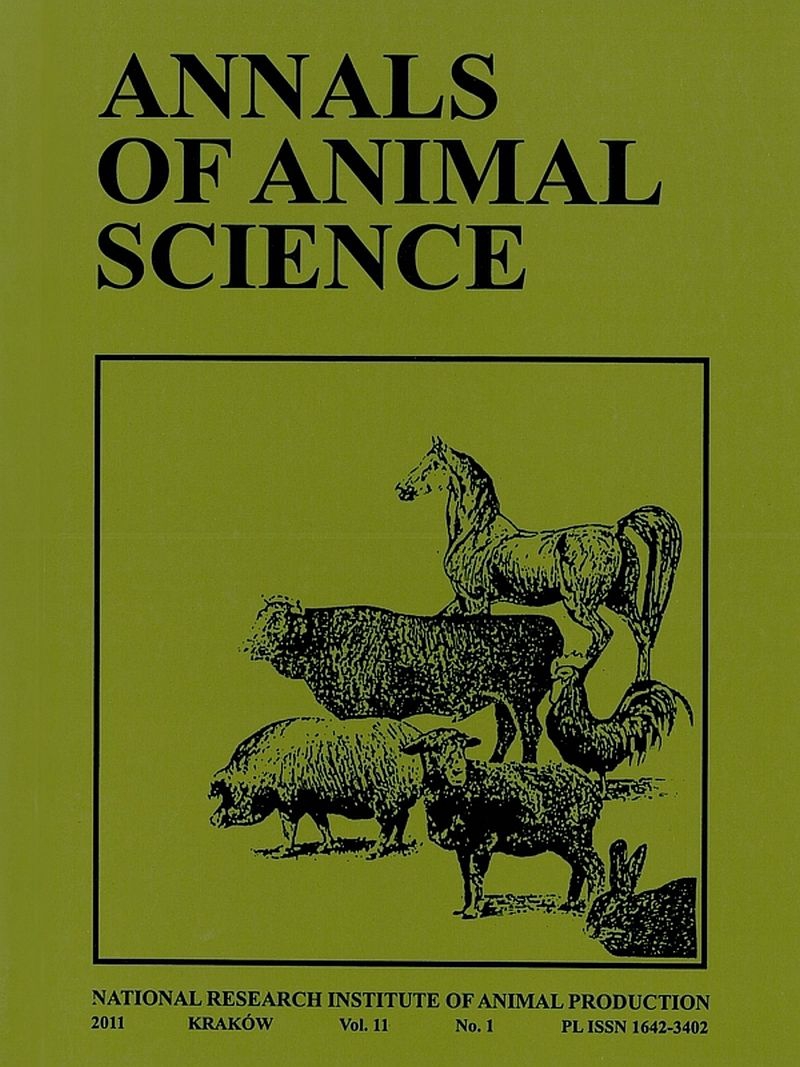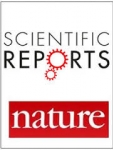
Rok publikacji: 2018
Wydawca:
Annals of Animal Science, 2018, 10.2478/aoas-2018-0034
Zobacz publikację M. Hryhorowicz, J. Zeyland, A. Nowak-Terpiłowska, J. Jura, W. Juzwa, R. Słomski, J. Bocianowski, Z. Smorag, A. Woźniak, D. Lipiński


